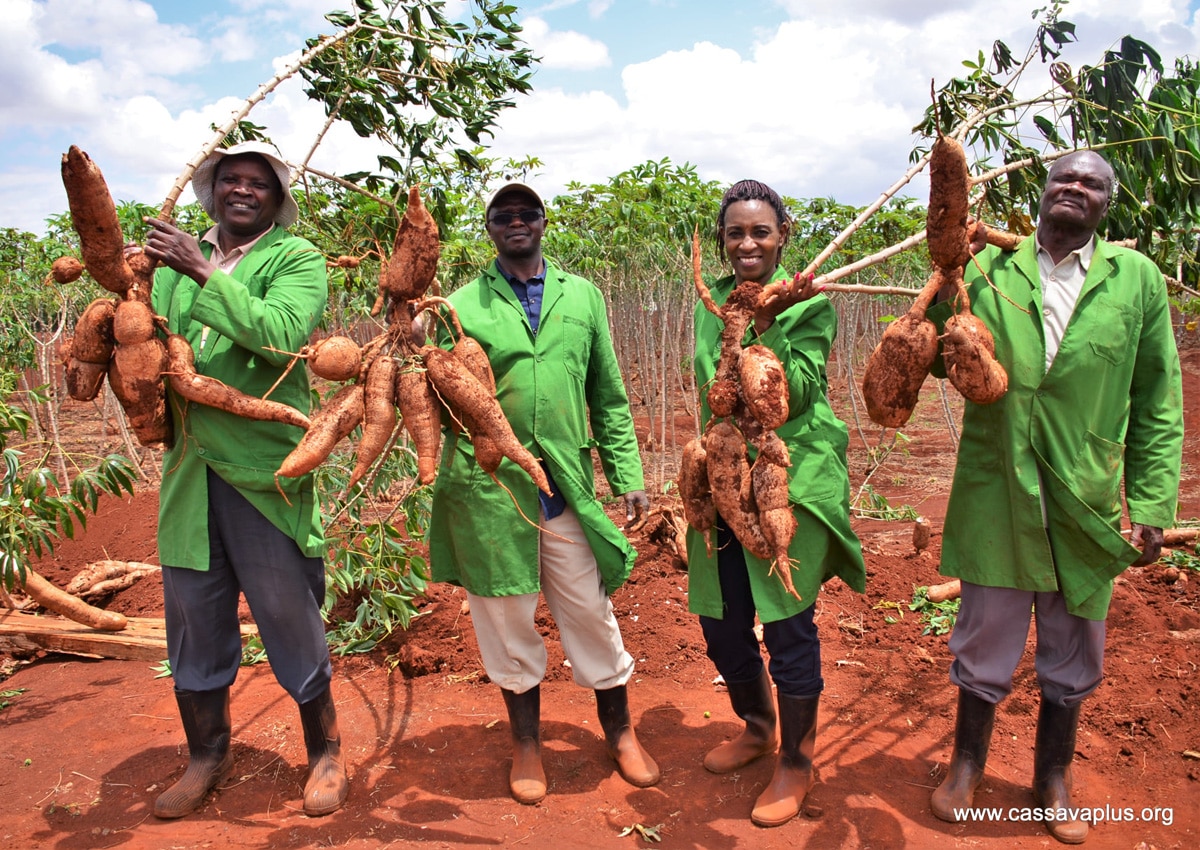Government plans mass rollout of GM cassava across 18 counties to boost food security
The government is preparing to commercialise genetically-modified (GM) cassava across 18 counties in a move aimed at fighting crop diseases and strengthening food security in drought-prone areas.
In this, the Kenya Agricultural and Livestock Research Organisation (KALRO) has submitted an Environmental Impact Assessment (EIA) report to the National Environment Management Authority (NEMA), proposing eight GM cassava varieties for commercial release. If approved, the varieties will move beyond laboratory and confined trial stages into ordinary production and trade.
The targeted counties are: Lamu, Kilifi, Kwale, Taita Taveta, Makueni, Kitui, Machakos, Tharaka Nithi, Embu, Nakuru, Baringo, Kakamega, Bungoma, Busia, Vihiga, Kisumu, Migori and Homa Bay.
KALRO says the GM cassava has been engineered to resist two major viral diseases — cassava mosaic disease (CMD) and cassava brown streak disease (CBSD) — both of which have severely reduced yields in East Africa.
Cassava is a vital crop for millions of Kenyans, particularly in arid and semi-arid lands (ASALs). It tolerates drought better than maize and can provide food and income in marginal environments. However, its productivity has been declining because of disease pressure and lack of improved varieties.
According to KALRO, the proposed GM varieties have early maturity (8-12 months) and low cyanogenic levels — making them safer for consumption especially of leaves used as vegetables.
Under the proposed commercialisation, farmers, seed companies and other stakeholders would be able to buy, plant, sell and trade these GM cassava varieties like any other crop on the market.
The move comes amid a broader biotechnology push in Kenya. The country has already approved commercial cultivation of GM cotton and is nearing commercial launch of GM maize and other crops.
However, regulatory and legal hurdles remain. The government emphasizes that Kenya has a robust biosafety framework under the National Biosafety Authority (NBA), guided by international protocols and a domestic Biosafety Act. At the same time, court cases and public debates over GMOs have slowed roll-out of some biotech products.
Public comment is now invited on the EIA report. NEMA will consider submissions within 30 days before granting or denying an environmental licence for commercial release.
Supporters argue that delaying adoption of improved biotech crops carries substantial economic cost; one study estimates Kenya forfeited KSh 20.3 billion over five years by failing to commercialise Bt maize, Bt cotton and late-blight resistant potato, and that adoption of these could yield more than KSh 60.7 billion over three decades.
But opponents raise concerns around safety, consumer acceptance and intellectual property. The government says it is intensifying public awareness campaigns to address misinformation and ensure regulation transparency.
If approved, the upcoming rollout of GM cassava in these 18 counties could mark a major milestone for Kenya’s agriculture, potentially improving yields, reducing losses from disease, and offering new opportunities for processing and value-addition in the cassava sector.
Farmers in marginal areas will be watching closely as the regulatory process unfolds, with hope that this innovation will translate into more resilient harvests and better livelihoods.



